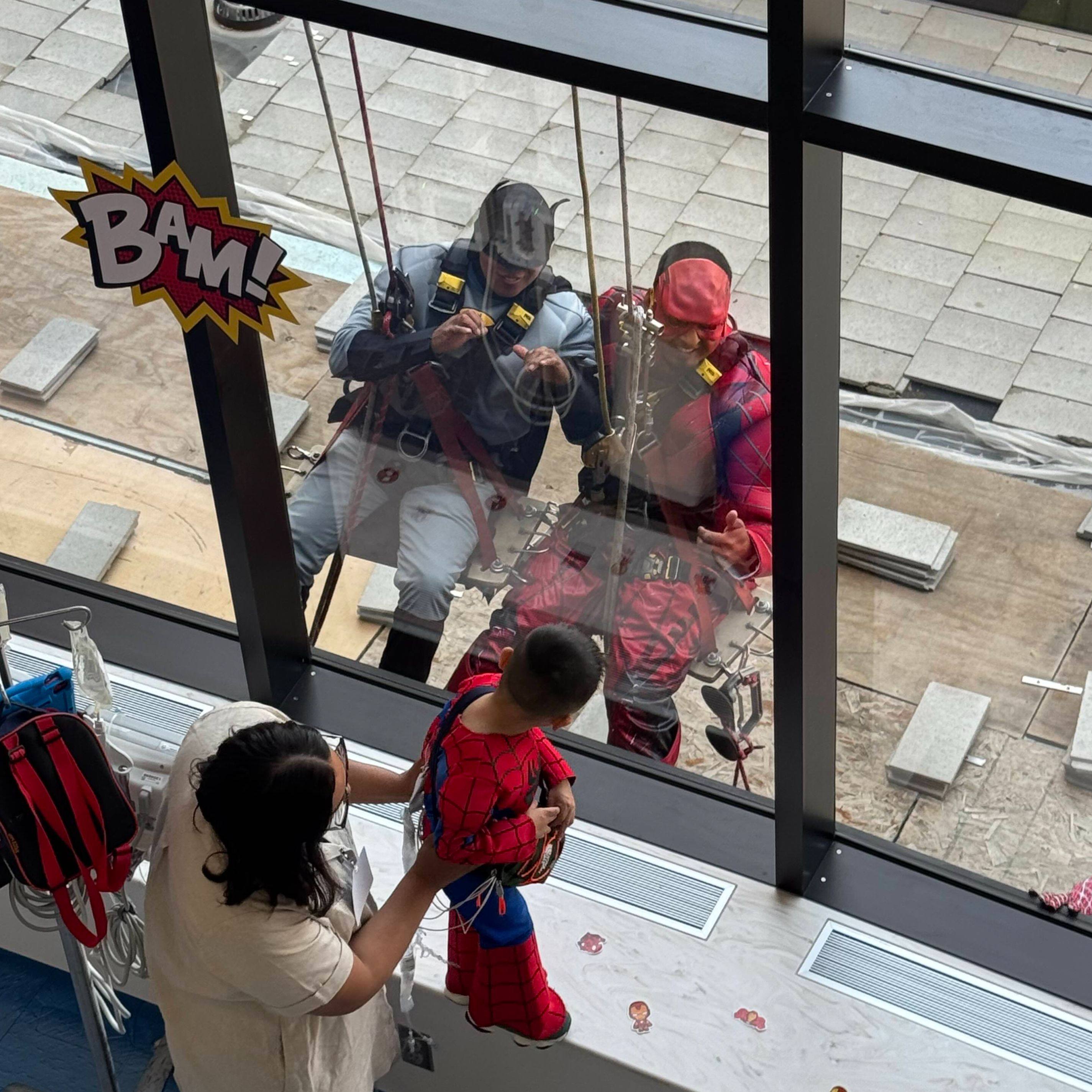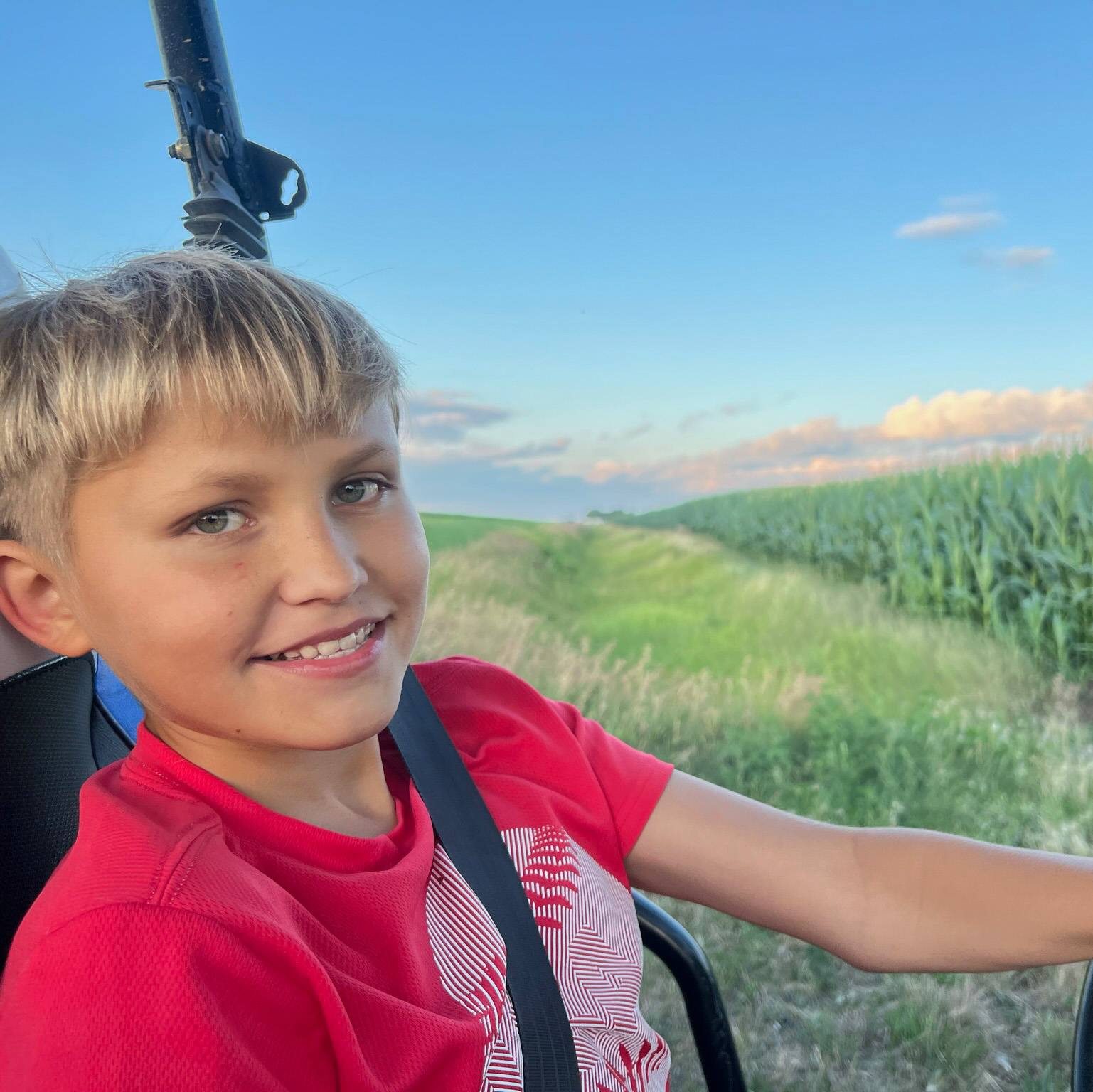-
Mayo Clinic Minute: Boosting kids’ health literacy
October is National Health Literacy Month. Health literacy refers to the ability of people to find, understand, and use information and services to make informed health-related decisions and actions for themselves and others.
In this Mayo Clinic Minute, Dr. Angela Mattke, a pediatrician with Mayo Clinic’s Children’s Center, explains how Mayo Clinic is leading the way to enhance health literacy for kids through engaging books to inform and inspire young people.
Journalists: Broadcast-quality video (1:07) is in the downloads at the end of this post. Please courtesy: "Mayo Clinic News Network." Read the script.
Developing personal health literacy — which is the ability to find, understand, and use health-related information and services — is something that can begin early in life.
"Mayo Clinic is truly an expert in healthcare. And we have an opportunity to be there talking with children, getting them excited about their health and empowering them to have agency over their own health and the health of their communities," says Dr. Mattke.
Dr. Mattke says these types of books provide accessible information on a wide range of health and science-related topics.
"I think there's a lot of health topics that children struggle to understand — anything from immunizations to why they're feeling sick, especially when children have serious and complex diseases," says Dr. Mattke.
Understanding their disease can help them feel empowered and knowledgeable about how they can participate in their care. But it's not just kids with serious health conditions that can benefit from this education.
"My children have read all these books and have read them multiple and multiple times. And so, they can help understand these diseases. It's inspiring their passion to learn more about science and learn more about health," says Dr. Mattke.
Which is another goal of promoting health literacy in children.
"We need to get kids interested in STEM — science, engineering, technology and medicine. And these are really important topics. And so, we're bringing these topics to kids to get them interested at an early age and inspire that passion.," says Dr. Mattke.
Related Articles







